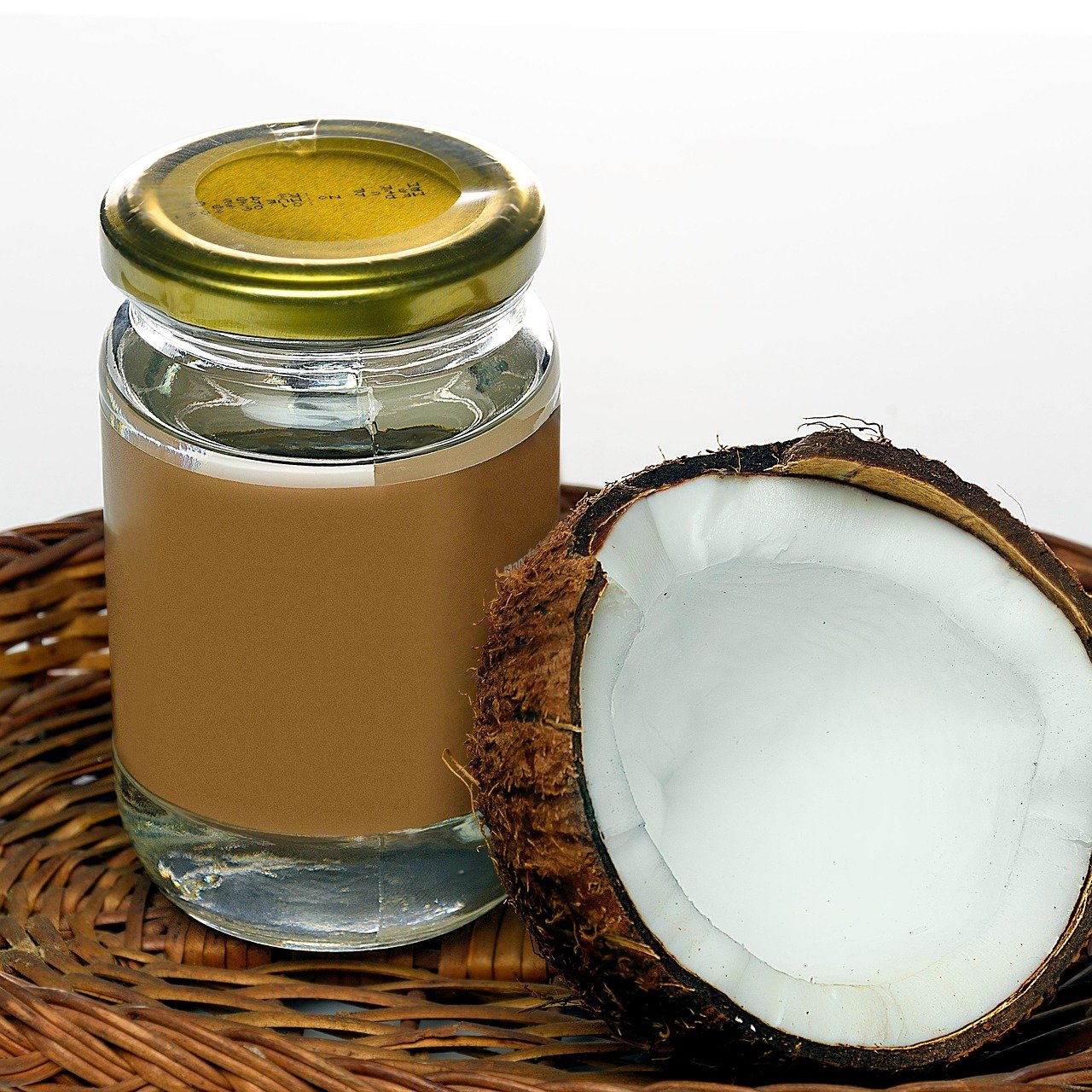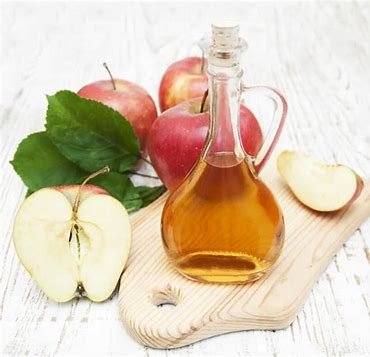For years, mainstream narratives have painted coconut oil as a dangerous food, claiming it leads to clogged arteries and coronary heart disease. But let’s set the record straight—this belief is rooted in misinformation and outdated science. The reality is that coconut oil is not only safe but offers remarkable health benefits.
Why Coconut Oil Got a Bad Reputation
Coconut oil has been unfairly demonized because it is a saturated fat. Conventional wisdom, influenced by flawed studies, suggests that consuming saturated fats leads to heart disease. However, what many don’t realize is that not all saturated fats are the same. The unique composition of coconut oil makes it metabolically distinct from the harmful fats found in processed foods.
For instance, several major studies, including the Minnesota Coronary Survey Experiment, the Sydney Diet Heart Study, and the Women’s Health Initiative, failed to establish a link between saturated fat intake and heart disease. These findings contradict the recommendations from organizations like the American Heart Association, which continue to promote vegetable oils despite evidence suggesting they may contribute to inflammation and other health issues.
The Unique Benefits of Coconut Oil
Rather than being harmful, coconut oil is a superfood with numerous health advantages:
🔹 Rich in Medium-Chain Triglycerides (MCTs): About 70% of the fats in coconut oil are MCTs, which are rapidly converted into ketones for energy. Unlike long-chain fatty acids found in other oils, MCTs are easily digestible and provide a quick fuel source for the brain and body.
🔹 Supports Digestive Health: Coconut oil bypasses the gallbladder, making it a low-stress fat for those with digestive issues or gallbladder concerns. Unlike heavy fats, it does not require bile for breakdown, making it easier to absorb.
🔹 Contains Lauric Acid for Immunity: Lauric acid makes up nearly 50% of coconut oil and has powerful antimicrobial, antibacterial, and antiviral properties. This fatty acid supports the immune system and has been studied for its ability to fight harmful pathogens.
🔹 May Support Heart Health: Contrary to popular belief, research suggests coconut oil may actually help balance cholesterol levels by increasing HDL (good cholesterol) and improving overall lipid profiles.
Separating Fact from Fiction
The idea that coconut oil is harmful is part of a broader misinformation campaign fueled by industries that profit from promoting vegetable oils and processed foods. Interestingly, cultures that have consumed coconut oil for centuries, such as those in the Pacific Islands and Southeast Asia, have historically low rates of heart disease. If coconut oil were truly dangerous, these populations would have suffered from widespread cardiovascular issues—but they didn’t.
In reality, the real culprit behind heart disease is not saturated fat alone but a combination of factors, including excessive carbohydrate intake, processed foods, and refined sugar. Studies show that when high carbohydrates are paired with fats, the body produces harmful triglycerides that contribute to metabolic disorders.
The Bottom Line
Coconut oil is not your enemy—it is a time-tested, nutrient-dense fat that has been used for thousands of years. It provides clean energy, supports immune function, and may even promote heart health. Don’t fall for misleading headlines and industry-driven narratives. Embrace the power of nature’s gifts, and let coconut oil be part of your wellness journey.
Some people worry about whether all coconut oil is the same. The truth is, there’s a big difference between Virgin Coconut Oil (VCO) and refined coconut oil. Here’s a breakdown to help you understand which one is best for your needs.
Virgin Coconut Oil (VCO) vs. Refined Coconut Oil
Virgin Coconut Oil (VCO):
- Extraction: Cold-pressed, unrefined, and extracted from fresh coconut meat.
- Nutrients & Antioxidants: Retains natural antioxidants, vitamins, and beneficial compounds.
- Flavor & Aroma: Has a natural coconut aroma and taste.
- Processing: Minimal processing, no bleaching or deodorizing.
- Health Benefits: Rich in lauric acid, antimicrobial, and supports immunity.
- Smoke Point: Lower (around 350°F / 177°C), best for low to medium-heat cooking.
Refined Coconut Oil (Cooking Oil):
- Extraction: Made from dried coconut meat (copra) and undergoes refining processes.
- Nutrients & Antioxidants: Loses some natural antioxidants and nutrients due to processing.
- Flavor & Aroma: Neutral taste and odor due to deodorization.
- Processing: May be bleached and treated to remove impurities.
- Health Benefits: Still contains MCTs (medium-chain triglycerides) but fewer natural compounds.
- Smoke Point: Higher (around 400-450°F / 204-232°C), suitable for high-heat cooking.
Wellness Warriors, what are your thoughts on coconut oil? Have you experienced its benefits? Share your experiences in the comments!
Would you like to explore more about this article? Please click the link below to watch the video.
Covered By: Dr. BergVids – Top 3 Benefits and Uses Of Coconut Oil: https://youtube.com/shorts/f1n8wTLk5Ew?si=8FCceqUcardX_tAq
Covered By: Amazing Discoveries – Is Coconut Oil Good for You? The Truth Revealed! – Barbara O’Neill: https://youtu.be/ZbbEtb6KMDU?si=XDY2l4_imJFSg_i0
Covered By: WellnessAndWires: https://youtu.be/P-cOss70UdY




Hello, Wellness Warriors!
Coconut oil has been misunderstood for far too long! Many still believe the myth that it’s “dangerous” due to its saturated fat content, but the truth is, not all fats are created equal. Unlike long-chain fats, the medium-chain triglycerides (MCTs) in coconut oil are easily converted into energy rather than stored as fat. Plus, its lauric acid content provides incredible antimicrobial benefits that support the immune system! Science continues to reveal its benefits, from supporting brain function to promoting heart health.
Growing up, we’ve always used coconut oil—both virgin coconut oil (VCO) and refined coconut oil—because of my father’s deep love for natural foods. He taught us to take a tablespoon of VCO daily or even add it to our coffee for an energy boost. And when it came to cooking, he made sure we used refined coconut oil (not the highly processed, bleached kind) since it has a high smoke point and retains its natural goodness. Looking back, I truly appreciate these healthy habits he instilled in us!
What are your thoughts on coconut oil? Have you personally experienced its benefits? Let’s discuss!
With Love,
WR